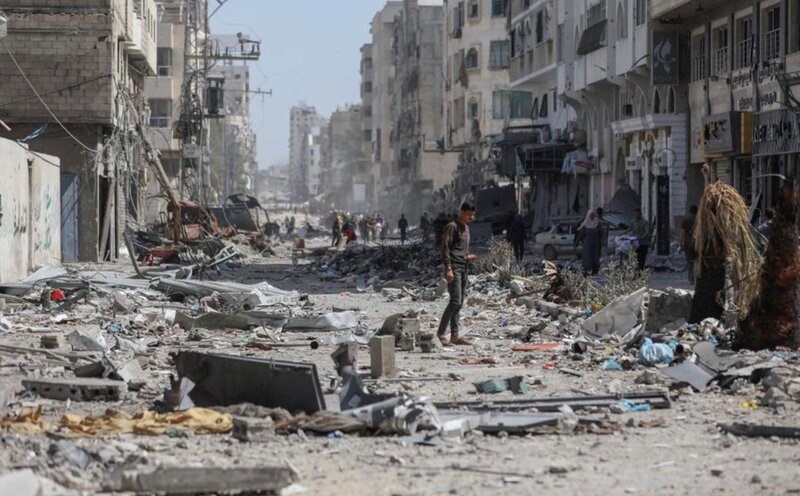On September 29, Israeli Prime Minister Benjamin Netanyahu officially apologized to Qatar after a citizen of the country was killed in an Israeli missile airstrike on Hamas leaders in the capital Doha on September 9.
This was the first Israeli attack on Qatar, which is playing an important mediator role in efforts to reconcile the Middle East conflict.
According to the announcement from the White House, during a three-way call on September 29 with US President Donald Trump and Qatari Prime Minister Sheikh Mohammed bin Abdulrahman Al Thani, Mr. Netanyahu expressed "deep regret" that the Israeli missile "accidentally" killed Qatari security officer Badr Al-Dosari. At least five Hamas low-ranking members were also killed in the incident, while the group's top leaders were lucky to escape death.
Prime Minister Netanyahu has acknowledged that the Israeli attack on Doha in the context of hostage negotiations is an act of encroachment on Qatari sovereignty. He pledged that Israel would not conduct any similar strikes in the future, the White House statement said.
Qatar also confirmed the call as part of US efforts to deal with the consequences of the attack, stressing that it was an occurrent act of blatantly violating the sovereignty of the State of Qatar.
Prime Minister and Secretary of State Sheikh Mohammed expressed his gratitude to the US for ensuring security, preventing the recurrence of similar acts, and emphasized the defense partnership with Washington.
On his official X account, Netanyahu was quoted as saying to his Qatari counterpart: Prime Minister, Israel is sorry that your citizen was killed in the attack. I want you to know that Israel is only targeting Hamas, not the people of Qatar. I pledge that Israel will not repeat the violation of your sovereignty.
However, the Israeli leader has not forgotten to mention his "disagreements" with Doha, from Qatar being accused of supporting the group of Muslim Brotherhood, to Al Jazeera and anti-Israel influences at universities.
The attack in Doha sparked a wave of international outrage. UN Secretary-General Antonio Guterres called it a serious violation of Qatars sovereignty and territorial integrity. Nearly 60 Muslim countries also quickly gathered in Doha to show solidarity.
Analysts consider Netanyahu's public apology "unprecedented". Professor Sultan Barakat, Hamad Bin Khalifa University (Qatar), commented: Qatar has affirmed from the beginning that they cannot continue their mediation role without an official and guaranteed apology from Israel. This is an important step, not only for Hamas- Israel negotiations, but also for the entire regional mediation process.






